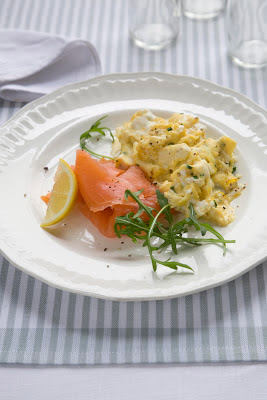Most of my friends who know me well will know that my favourite way to start the day is to take my sculling boat down to the river Thames and disappear for a couple of hours into my own little world of serene water, sharing it only with the water-land wildlife. There is something very magical about being propelled by your own efforts. And knowing that I have the river to myself is such a treat (that normally happens only when I get out there before 6am these days!).
Apart from loving my surroundings, I also love returning to the boathouse to enjoy a breakfast that I know I have really earned.
As a nutritional therapist I see a lot of rowers as well as other sports people, and I am constantly asked about breakfast and whether you should eat before training and if you are going out so early in the morning how is this possible (as you need at least one hour for your food to digest)? As with all things related to us humans, everyone is different. Some people can cope with eating a small amount before training and not suffer any effects, whilst others really struggle.
A lot of the scientific evidence points towards having fuel on board before training. But then there is the evidence of the hunter gatherer who certainly didn't eat before he left his hut first thing in the morning, the whole point was he was going hunting for his food, so he ran and hunted first, then he ate, and finally he slept (which also puts the post-Sunday lunch digestive walk idea onto the back burner - next time choose the sofa!).
So my advice is to find out what works best for you, but just be aware that if you don't eat before you train your training session should not be a hard one, and don't expect to reach any PBs - save those for later in the day.
What is important about breakfast though, is to make sure it's substantial - including good protein is important, not only for blood sugar control but also, if you have been training, to repair and rebuild muscles.
Protein is also essential for making enzymes that are needed for virtually all biological processes that take place in the body, such as transmitting nerve signals or helping the immune system to work.
The best foods to eat for protein are not necessarily those that are highest in protein as it may also mean they are high is saturated fat, such as beef or lamb. Eating a varied diet, including vegetable proteins such as rice and lentils, as well as fish, is ideal.
So if you are keen enough to get up early and start your day with a plate of scrambled eggs and smoked salmon, you will starting your day in a great way.
Good morning!
Joy x
Friday, 1 March 2013
Subscribe to:
Comments (Atom)



